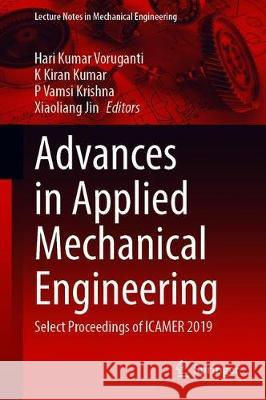Advances in Applied Mechanical Engineering: Select Proceedings of Icamer 2019 » książka
topmenu
Advances in Applied Mechanical Engineering: Select Proceedings of Icamer 2019
ISBN-13: 9789811512001 / Angielski / Twarda / 2020 / 1205 str.
Advances in Applied Mechanical Engineering: Select Proceedings of Icamer 2019
ISBN-13: 9789811512001 / Angielski / Twarda / 2020 / 1205 str.
cena 928,04
(netto: 883,85 VAT: 5%)
Najniższa cena z 30 dni: 886,75
(netto: 883,85 VAT: 5%)
Najniższa cena z 30 dni: 886,75
Termin realizacji zamówienia:
ok. 16-18 dni roboczych.
ok. 16-18 dni roboczych.
Darmowa dostawa!
Kategorie:
Kategorie BISAC:
Wydawca:
Springer
Seria wydawnicza:
Język:
Angielski
ISBN-13:
9789811512001
Rok wydania:
2020
Wydanie:
2020
Numer serii:
000459769
Ilość stron:
1205
Waga:
2.32 kg
Wymiary:
23.88 x 16.26 x 6.86
Oprawa:
Twarda
Wolumenów:
02











